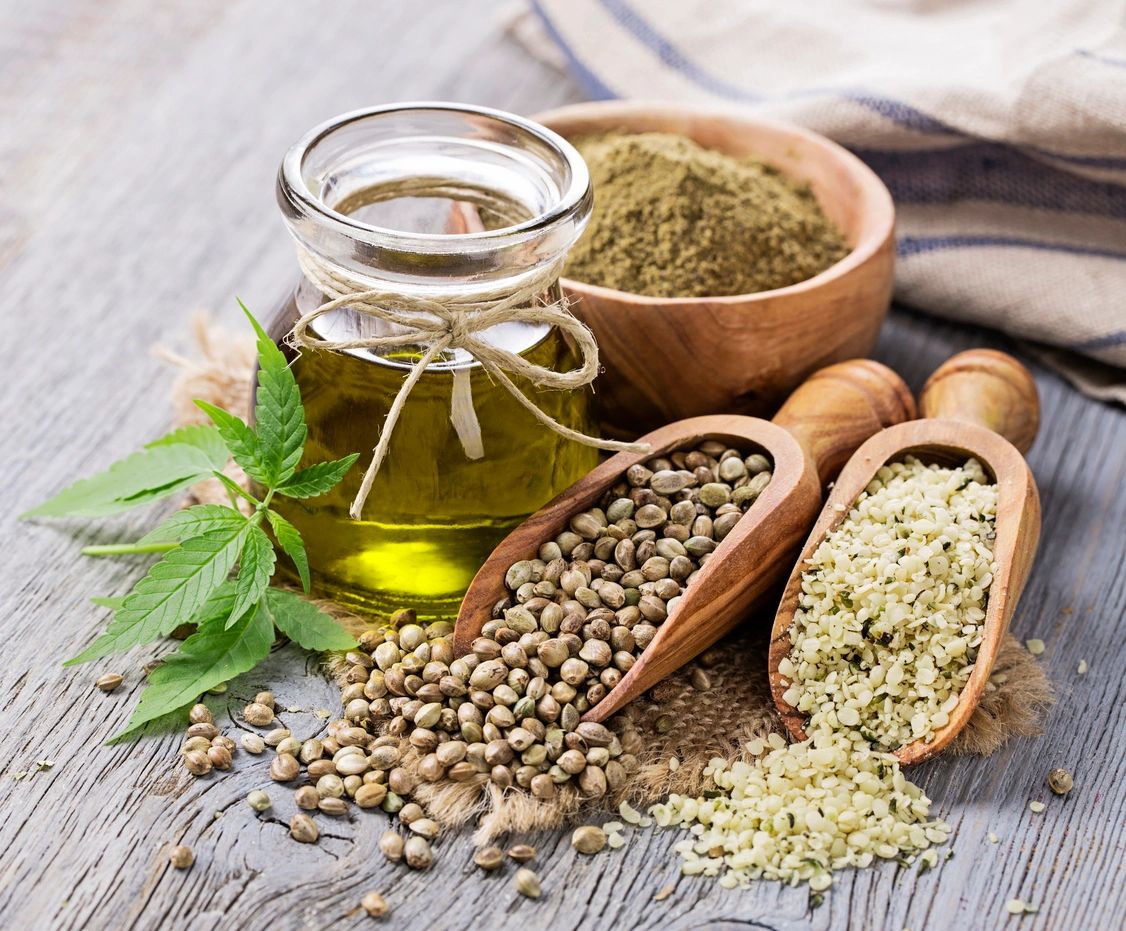What is a Myocardial infarction or Heart Attack?
Dr. Claire Arcidiacono, ND
What exactly is a myocardial infarction or MI? Well in layman’s terms, it is what is known as a heart attack. But what exactly happens during a heart attack? Basically during a heart attack blood flow to the heart decreases or even stops. This leads to death of the heart muscle. What causes this decrease in blood flow? Most heart attacks are associated with what is known as coronary disease (CAD) or simply heart disease. In CAD there is a buildup of atherosclerotic plaque in the arteries of the heart. This plaque grows and grows until it ruptures and this rupture in the blood vessel causes the body to form a thrombus which can cause a block in the blood vessels of the heart. While this is the most common cause of an MI there are other causes. Coronary artery spasms, which can be caused by cocaine or even extreme cold can also decrease circulation to the heart leading to an MI.
Before I move on to risk factors for a MI, I wanted to take a moment to tell you the main differences between an MI and angina or chest pain. While both an MI and angina feature reduced circulation to the heart, there is 1 major difference between them. In an MI unlike angina there is literally cell death which can be measured by troponin, a protein that is released when the cells of the heart die. I would also like to point out that cardiac arrest is different from an MI in that in cardiac arrest the heart is not contracting properly which affects circulation to the organs.
Now what are the risk factors for an MI? To start with being male and being older places you at a higher risk. In fact no matter the age men have a higher risk of MI when compared to women. Life style risk factors include smoking, alcohol use, lack of exercise and stress. Having a family or personal history of high blood pressure, diabetes, high cholesterol, and poor diet all increase risk. Being obese is also a risk factor. A family history of MI also increases risk. Certain medications such as oral contraceptives, NSAIDS, and cocaine. Having endometriosis is a risk factor for women. Certain infectious diseases such as chlamydia, influenza, H pylori and gingivitis all increase the risk of an MI. Lastly certain chronic conditions such as hyperthyroidism can increase your risk of an MI.
Now men and women do have some of the same symptoms when it comes to a MI. However there are some that are different. To start with what are the classic signs of MI? Chest pain with pain that radiates to the left arm, lower jaw, neck, right arm, back or upper abdomen. There may be pain that radiates to the right shoulder. There may also be a sense of tightness, pressure or squeezing in the chest. Other people describe the sensation as a tightness, knife like or tearing or even burning feeling. There may also be a feeling of unexplained anxiety. There may also be swearing, nausea/vomiting, or fainting. I would like to point out that women are much more likely to experience atypical signs of a MI. These include shortness of breath, weakness, fatigue, nausea/vomiting, and back pain. Women are less likely to have chest pain than men. Additionally, women tend to have more indigestion, dizziness, and loss of appetite. In some women shortness of breath is the only symptom.
Keeping our heart healthy is very important! While the following supplements are very helpful for our heart, it is important to speak to an Invite nutritionist to find out what is best for you.
- Life style changes such as stop smoking, increase activity, reduce stress and work on having a healthier diet. For example a Mediterranean diet has been found to be fantastic for heart health.
- Coq0 has been found in studies to help reduce symptoms after a heart attack. It has also been found to help with blood pressure. Coq10 has been found to help our heart work better. Please see Invites Coq10 Ubiquinol in 60 and 120mg!
- Resveratrol has been found to have many benefits for our heart! There are countless studies showing how it can improve heart health. Please see Invites Resveratrol and Resveratrol Max Hx
- Magnesium is a super nutrient when it comes to heart health! It has been found to be great for muscles, like the heart, blood pressure and stress. Please see Invites impressive line of Magnesium products.
- Omega 3s have been found to be very impressive for heart health as well as cholesterol, and blood pressure. Please see Invites Krill Oil Advanced and Fish Oil
- Hawthorn has been found to help with heart function and with circulation as well as our blood pressure. Please see Invites Cardio Hx and Normo-tensive
Our product spotlight will be Ribose Complex which is a personal favorite!
Sources:
- “What Are the Signs and Symptoms of Coronary Heart Disease?” nhlbi.nih.gov. September 29, 2014. Archived from the original on 24 February 2015. Retrieved 23 February 2015.
- ^“Heart Attack Symptoms in Women”. American Heart Association.
- ^ Jump up to:ab c d e f “What Is a Heart Attack?”. nhlbi.nih.gov. December 17, 2013. Archived from the original on 19 February 2015. Retrieved 24 February 2015.
- ^ Jump up to:ab “Heart Attack or Sudden Cardiac Arrest: How Are They Different?”. heart.org. Jul 30, 2014. Archived from the original on 24 February 2015. Retrieved 24 February 2015.
- https://www.mayoclinic.org/healthy-lifestyle/nutrition-and-healthy-eating/in-depth/mediterranean-diet/art-20047801
- https://www.mountsinai.org/health-library/supplement/coenzyme-q10#:~:text=Some%20researchers%20believe%20that%20CoQ10,and%20act%20as%20an%20antioxidant.
- Health Benefits of Resveratrol — And Should You Take It? (clevelandclinic.org)
- https://www.ncbi.nlm.nih.gov/pmc/articles/PMC5852744/
- https://www.ncbi.nlm.nih.gov/pmc/articles/PMC7047282/







